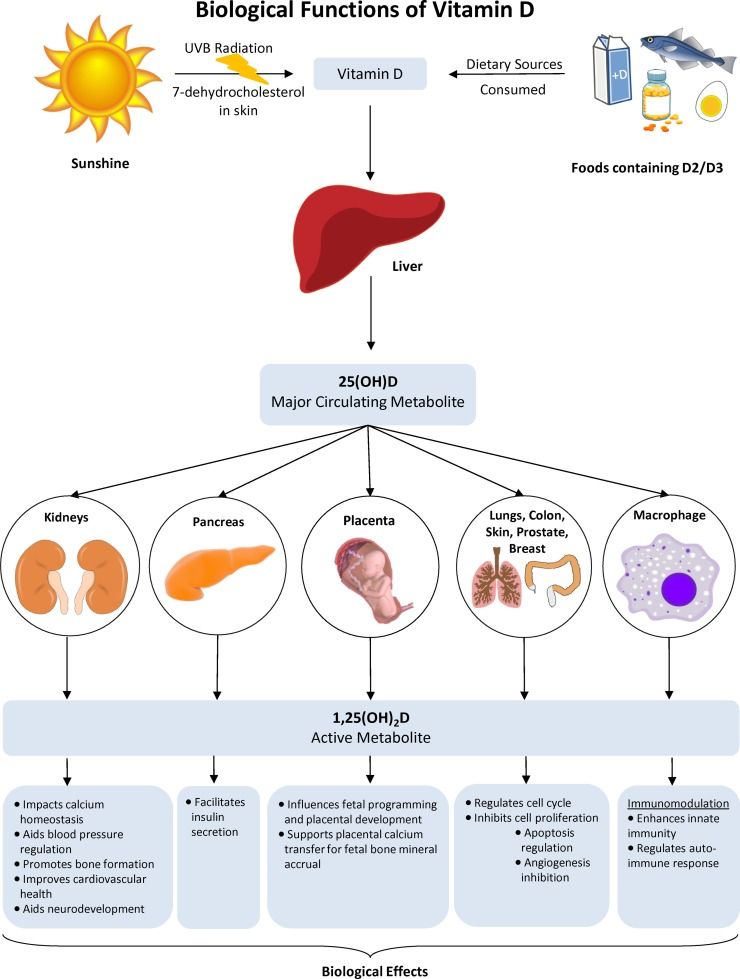
Vitamin D, often referred to as the “sunshine vitamin,” plays a crucial role in maintaining overall health and well-being. While it is commonly associated with bone health, its benefits go far beyond just that. In this article, we will explore the various roles that Vitamin D plays in the body and why it is essential for optimal health.
The Importance of Vitamin D
Vitamin D is a fat-soluble vitamin that is naturally present in very few foods. The primary way our bodies obtain Vitamin D is through exposure to sunlight. When our skin is exposed to UVB rays from the sun, it triggers the production of Vitamin D in the body. Vitamin D plays a crucial role in the absorption of calcium and phosphorus, which are essential for maintaining strong and healthy bones. It also plays a role in regulating the immune system, supporting cardiovascular health, and promoting overall well-being.
Benefits of Vitamin D
Research has shown that Vitamin D has numerous health benefits beyond just bone health. Some of the key benefits of Vitamin D include:
1. Supports Immune Function
Vitamin D plays a critical role in modulating the immune response and helping the body fight off infections. Studies have shown that Vitamin D deficiency is associated with an increased risk of respiratory infections, including the flu and pneumonia. By supporting the immune system, Vitamin D can help reduce the risk of illness and promote overall health.
2. Promotes Heart Health
Several studies have suggested that Vitamin D may play a role in cardiovascular health. Vitamin D deficiency has been linked to an increased risk of heart disease, high blood pressure, and stroke. By maintaining adequate levels of Vitamin D, you can help support heart health and reduce the risk of cardiovascular disease.
3. Enhances Mood and Brain Function
Vitamin D is also known to play a role in mood regulation and brain function. Research has shown that Vitamin D deficiency is associated with an increased risk of depression and cognitive decline. By ensuring you have adequate levels of Vitamin D, you can help support a healthy mood and cognitive function.
Sources of Vitamin D
While sunlight is the primary source of Vitamin D, it can also be obtained from certain foods and supplements. Some of the best food sources of Vitamin D include fatty fish like salmon and mackerel, egg yolks, and fortified foods like milk and cereal. If you live in an area with limited sunlight or spend most of your time indoors, you may benefit from taking a Vitamin D supplement to ensure you are getting an adequate amount.
Conclusion
Vitamin D is a vital nutrient that plays a crucial role in maintaining overall health and well-being. From supporting bone health to promoting heart health and immune function, Vitamin D has a wide range of benefits that go beyond just bone health. By ensuring you are getting enough Vitamin D through sunlight, food sources, or supplements, you can help support your overall health and reduce the risk of various health conditions.
Remember to consult with a healthcare professional before making any changes to your diet or supplement routine to ensure you are getting the right amount of Vitamin D for your individual needs.